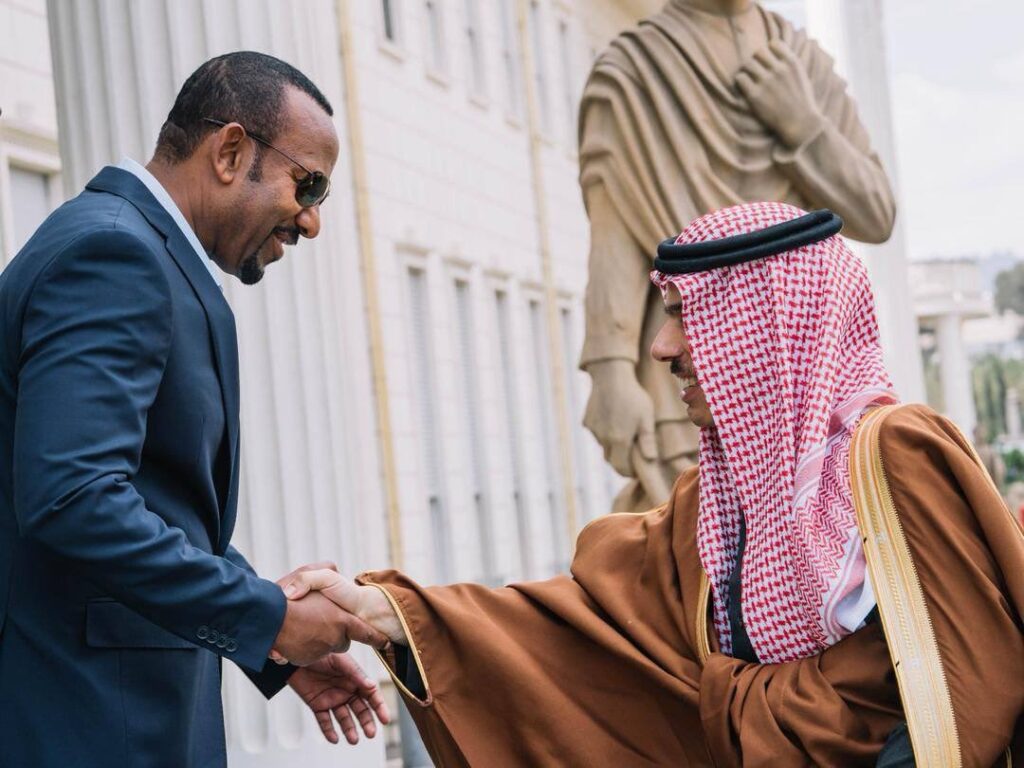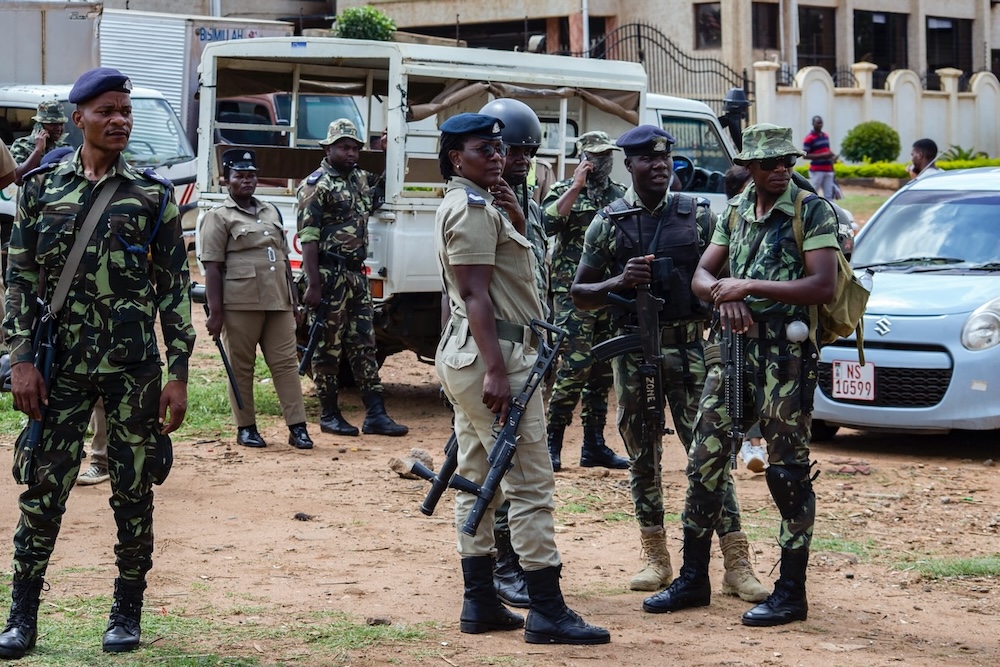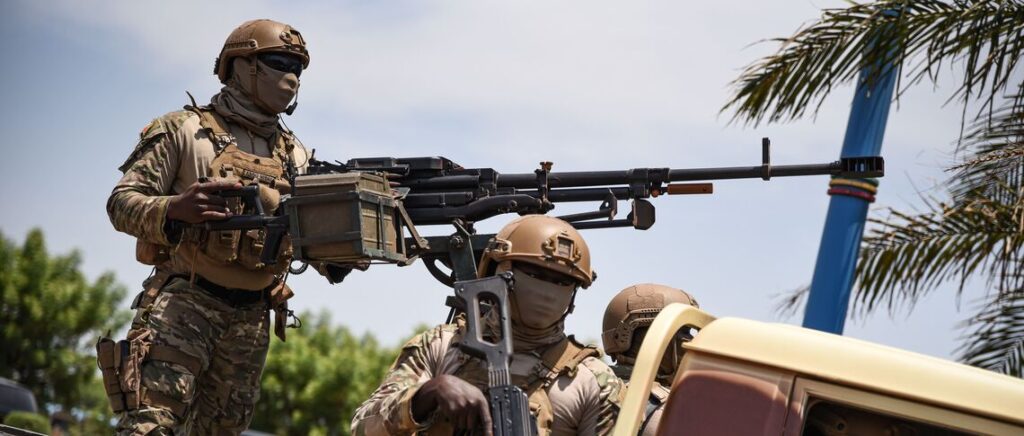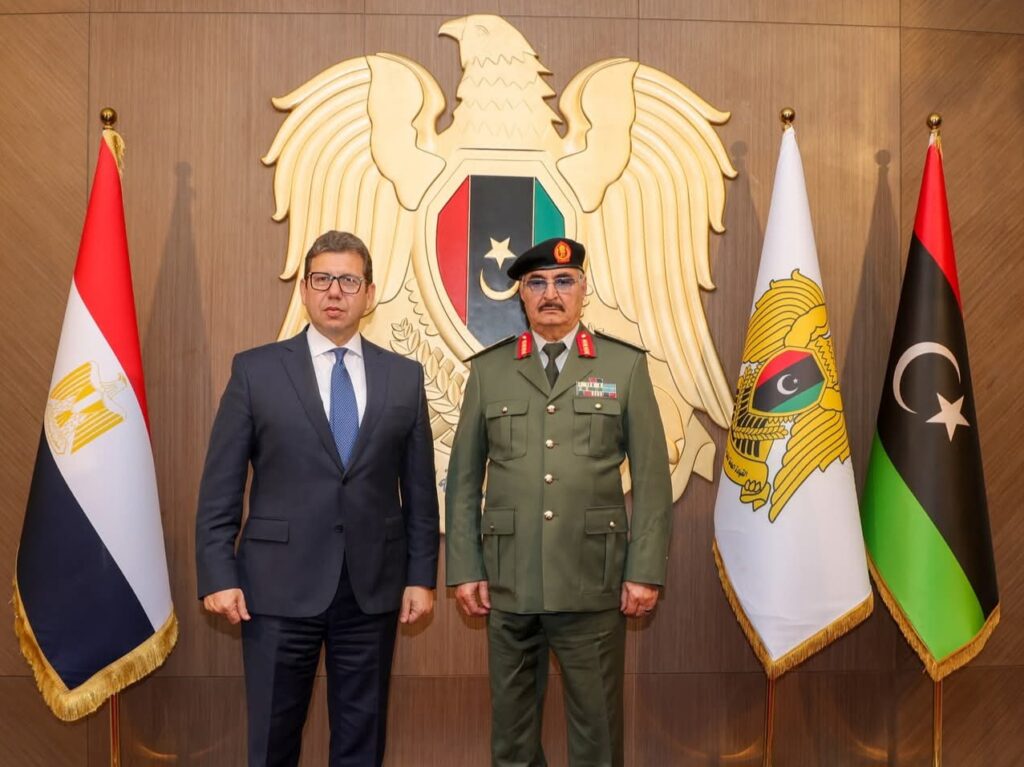
Fighting in Libya’s capital, Tripoli, has subsided following the announcement of a ceasefire by the government on Wednesday, residents reported, though no official death toll has been confirmed.
The violence erupted late Monday after the assassination of a prominent militia leader. While clashes initially abated on Tuesday, intense fighting resumed overnight, affecting neighborhoods across the city.
The Libyan Ministry of Defence stated that regular forces, in cooperation with security authorities, have deployed neutral police units to sensitive locations to ensure the situation remains calm. These police units, unarmed with heavy weapons, were sent to monitor the most volatile areas.
The United Nations Support Mission in Libya (UNSMIL) expressed deep concern over the escalating violence, particularly in the densely populated districts, urging immediate action to halt the hostilities.
The violence of the past days seems to have strengthened the position of Abdulhamid al-Dbeibah, prime minister of the Government of National Unity (GNU), who is aligned with Turkey. However, continued conflict in Tripoli threatens to provoke a wider confrontation between Libya’s many factions, potentially pulling in outside groups and escalating the crisis.
Wednesday’s fighting primarily involved the 444 Brigade, allied with Dbeibah, and the Special Deterrence Force (Rada), the largest faction in Tripoli not currently supporting the prime minister. Clashes were also reported in western parts of Tripoli, which are known entry points for armed groups from Zawiya, located west of the capital.
Residents, who were confined to their homes, described the terrifying scenes of the battle. A father of three in the Dahra neighborhood shared his fear, saying, “I had my family in one room to avoid random shelling.” Meanwhile, a resident from the western suburb of Saraj, Mohanad Juma, noted, “Fighting pauses for a few minutes, but each time it stops we feel relieved, only to lose hope again when it resumes.”
Libya has struggled with instability since the 2011 NATO-backed overthrow of Muammar Gaddafi, leading to a split between rival eastern and western factions in 2014. Although a ceasefire in 2020 halted large-scale warfare, the country remains deeply divided, with a complex web of armed groups.
Libya is a key energy exporter and transit point for migrants heading to Europe. Its ongoing conflict has drawn in international powers such as Turkey, Russia, Egypt, and the UAE. While the oil facilities are located in the south and east, far from Tripoli, the ongoing violence threatens the country’s fragile peace.
In recent developments, Prime Minister Dbeibah issued an order on Tuesday to dismantle irregular armed groups, a move that followed the killing of militia leader Abdulghani Kikli (known as Ghaniwa) and the defeat of his Stabilization Support Apparatus (SSA) by factions aligned with Dbeibah. This consolidation of power among the Dbeibah-affiliated 444 and 111 Brigades has left Rada as the last major faction not firmly aligned with the prime minister.




